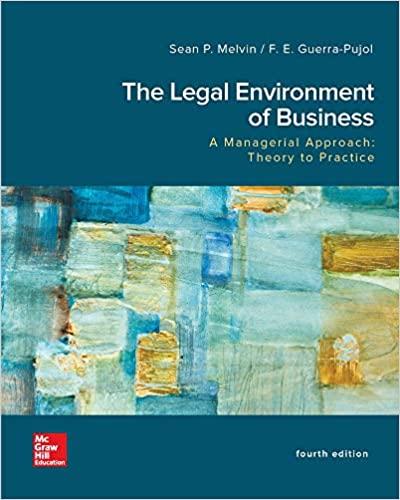Case Study 2: The Job That Was Too Good to Be True Page 3 arrest of Verdugo-Urquidez, the U.S. Supreme Court decided that a warrant was not necessary because the residence was foreign and therefore the search was in fact legal (Lemos, R., 2002). There were, however, other issues to consider in this case. The FBI did not have the cooperative Mexican government to work with, but the highly uncooperative Russian government. In an effort to work around this constraint, the FBI set up a sting requiring the aforementioned cyber security company called "Invita". They used this company to lure the two hackers to Seattle, Washington for a job interview. During the interview, they demonstrated their elite hacking skills in an effort to impress their would-be employers. The FBI was using keyloggers to record their sessions, however. The systems recorded the two hacker's usernames and passwords as they logged into Russian servers. That point is not contentious. What is contentious is that the FBI later used that information to "hack" into the Russian servers after the arrest of the hackers, and all without a warrant. Was this against U.S. or Russian laws? Current U.S. Cyber Law Did the FBI act under the color of any international laws or compacts, or did they \"go off the reservation?" Do the FBI's actions stand up to scrutiny under current US cyber laws? The Fourth Amendment of the U.S. Constitution guarantees that "the right of the people" to be free from "unreasonable searches and seizures" shall not be violated (U.S. Constitution). According to a case law study by the Fordham Law Review, the U.S. Supreme Court held that this amendment applies only to searches and seizures that are conducted either (i) in the territorial United States or (ii) outside the United States against U.S. citizens (Corradino, E., 1989). Under this interpretation of the Fourth Amendment, therefore, it does not violate the U.S. Constitution for U.S. law enforcement officers to search and seize property that is located outside the U.S. and that belongs to someone who is not a U.S. citizen. The Judge, in the case of the two







